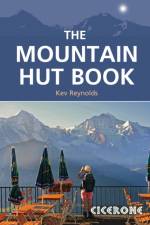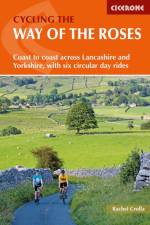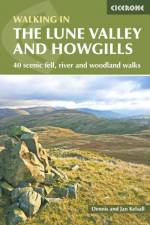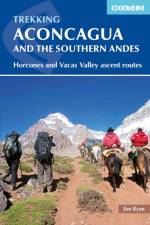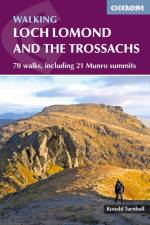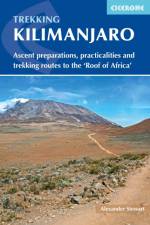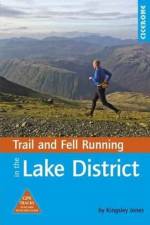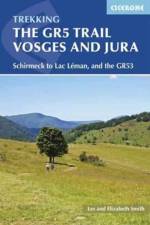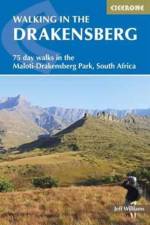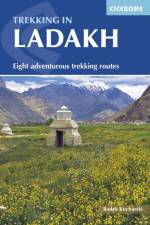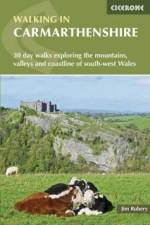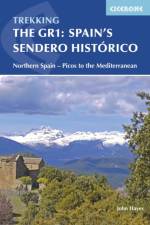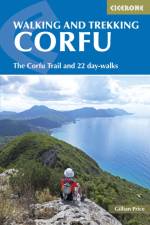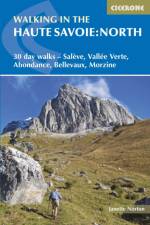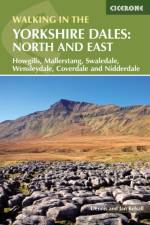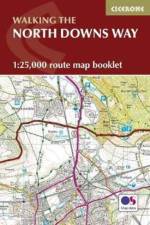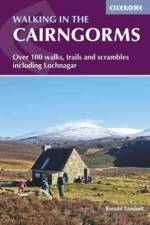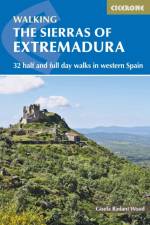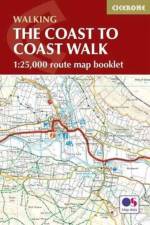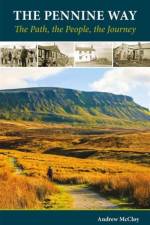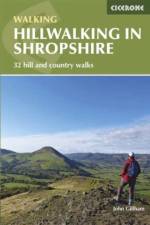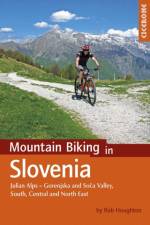- Eight adventurous trekking routes
av Radek Kucharski
301
This trekking guidebook gives detailed descriptions of eight different treks across the Ladakh, Zanskar and Markha Valley in northern India. Ranging from moderate difficulty to very demanding, the treks vary between 6 to 12 days in length, each trek is broken down into multiple stages, and has information on difficulty, available accommodation and access, as well as the many combinations and alternative routes open to exploration. Trek 1: Kharnak, 148 km / 10 days. Starts in Kharu in the Indus Valley and ends in Pang, on the Manali-Leh road. Trek 2: Tsarab Chu, 174km / 12 days. Starts in Pang and ends in Padum, Zanskar. Trek 3: Darcha to Padum - the classic trek to Zanskar, 135km / 9 days. Starts in Darcha and ends in Padum. Trek 4: Round Sultanlango, 112km / 6 days. Starts in Padum and ends in Stongde, Zanskar. Trek 5: Padum to Lamayuru - the classic trek from Zanskar, 148km / 8 days. Starts in Padum and ends in Lamayuru on the Kargil-Leh road. Trek 6: Padum to Lamayuru via the Kanji La, 169km / 10 daysTrek 7: Alchi - a circuit over five passes, 98km / 8 days. Starts in Alchi in the Indus Valley and ends in Phanjila, Wanla, Lamayuru, Nurla or MangyuTrek 8: Markha Valley, 113km / 9 days. Starts in Spituk, southwest of Leh and ends in Hemis near the Indus ValleyKnown as Little Tibet; for both its landscape and culture, Ladakh lies at the northern tip of India. The region is bisected by the great River Indus and neighbours Tibet and Kashmir. This quiet corner of the Himalaya has developed a strong trekking culture over recent years for adventurous trekkers. Trekking in this remote, high-altitude region is extremely challenging, as paths are not signed and there are only a limited number of villages. However, its magnificent landscape (a huge area full of limitless trekking possibilities), hospitable people, rich heritage and limited number of tourists make Ladakh an amazing destination. The guide includes background information on local culture, history and religion, as well as all the planning detail you need on crucial aspects such as environmental responsibility, health and safety in the mountains, trekking practicalities and preparation for altitude.

